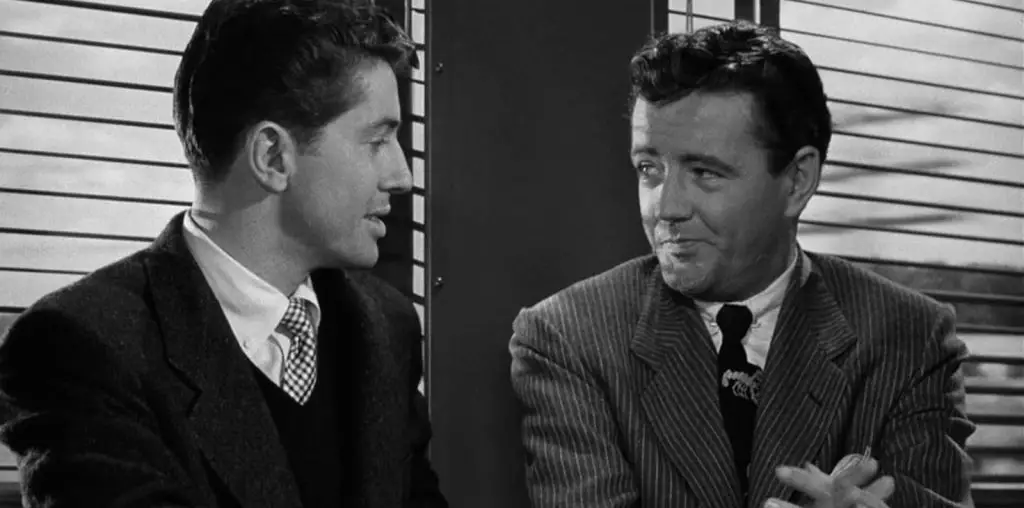
SODERBERGH ON SODERBERGH ^ Steven Soderbergh examines his own work and comments on all of his films. Steven in his own words…
SEX, LIES & VIDEOTAPE (1989) ^ I think its strengths and its weaknesses are inextricably tied together. So, the things that I don’t like about it have a lot to do with the things that I do like about it, and I was very young when I made it. I wish it were funnier than it is. If I made it now, it would be funnier. But, if you made it funnier, it might lose some of it’s sincerity and emotion, and it seems people responded to that sincerity and emotion, so by trying to pull one thread, I might unravel the whole thing. I guess I’m saying, I always thought it’s a modest film of modest aspirations. Everything that happened to it seemed very outsized compared to the film itself.
KAFKA (1991) ^ Frustrating, in retrospect. I think an opportunity that was botched. Again, if I could make it today I could turn it into something more compelling. It was a really good idea on Lem’s part to mix these things, but I was not enough of a filmmaker to balance all of them. It’s frustrating because I may never get to make another black and white movie again, which I’d love to do. I had a terrific cast. I had everything I needed to make a memorable movie, and I didn’t have the skills to do it yet.
KING OF THE HILL (1993) ^ An attempt on my part to make a sort of, quintessential piece of American narrative. I was also interested in stretching my experiences with actors a little, and as a result, part of the reason I wanted to make the film was, I hear it’s really difficult to work with kids, so maybe I should go make a movie with a lot of kids in it, to see if I can handle that. It turned out to be one of the most pleasant experiences that I’ve ever had in dealing with actors.
THE UNDERNEATH (1995) ^ Creatively speaking, my least successful movie, although I think everybody in front of and behind the camera did better work than I did. The only sequence that I can defend in the entire film, is the hospital sequence.
GRAY’S ANATOMY (1996) ^ Great fun, and a good exercise in developing my abstract visual side. We were editing “Scizopolis” when we were shooting and editing “Gray’s Anatomy” and I wanted to do it, because I thought I want to make a movie in which I can basically play around with visuals and not have to worry about a narrative, because the narrative is so clear here. It’s a monologue, it’s a text that I’m not rewriting. I presented Spaulding with an edited version of his text to sort of fit the parameters of the movie as I saw it, but it was his text. I hadn’t done that before, had a piece of material in which nothing was literal. So that was really fun, and ended up informing a lot of other movies that came after it.
Get more of Soderbergh on Soderbergh as the director examines his own work in our final entry. STEVEN SODERBERGH UNLEASHED: Part 5 >>>
